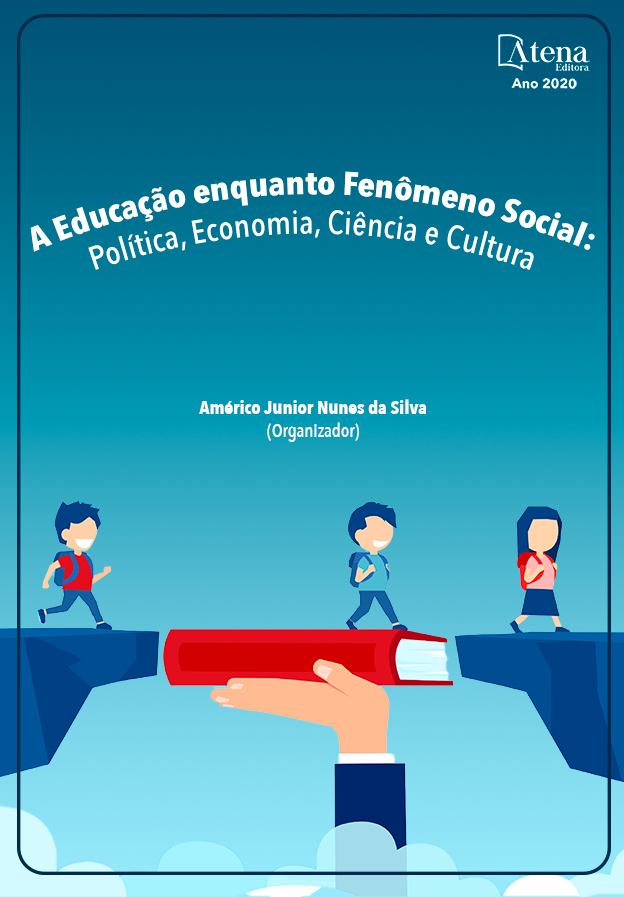
UM PROJETO PARA A PROMOÇÃO DA LITERATURA E DOS DIREITOS HUMANOS
Conforme a Declaração Universal dos Direitos Humanos, “Todo ser humano tem o direito de participar livremente da vida cultural da comunidade...”. Em 1995, Antônio Candido, sociólogo, propôs considerar-se a literatura como um direito humano, ao lado dos outros direitos essenciais para a cidadania plena como os direitos à educação, alimentação, moradia, etc. Cândido compara a necessidade do indivíduo fantasiar durante seu dia, à necessidade de sonhar durante a noite, estabelecendo essa, a função psicológica, como a primeira de três funções da literatura. A segunda função, formativa, refere-se ao ensinar através da literatura, humanizando a experiência, seja para o bem ou para o mal, conscientizando o leitor, tanto de seus direitos, como dos direitos do “outro”. A terceira função, refere-se à possibilidade que autor oferece ao leitor de perceber sua leitura do mundo, através de diferentes modos de compreender, estar, ser ou viver o mundo. Esse trabalho relata investigação junto ao público alvo de projeto que leva literatura e cultura para além dos muros escolares, em três municípios fluminenses, de forma recreativa e socializadora. Utilizando a entrevista como metodologia, com abordagem de estudos das respresentações sociais, os resultados indicam que, através da literatura, esse projeto tem promovido o acolhimento da diversidade e aprendizado para os direitos humanos, confirmando tanto a teoria de Cândido de que a literatura consiste em um direito humano, quanto sua afirmação sobre o potencial da literatura para o fomento da reflexão e da educação sobre os próprios direitos humanos. Os resultados positivos desse projeto podem servir como exemplo a ser implementado por outras instituições.
UM PROJETO PARA A PROMOÇÃO DA LITERATURA E DOS DIREITOS HUMANOS
-
DOI: 10.22533/at.ed.3102009112
-
Palavras-chave: Literatura; Direitos Humanos; Educação em Direitos Humanos.
-
Keywords: Literature; Human Rights; Education for Human Rights.
-
Abstract:
According to the Universal Declaration of Human Rights “All human beings have the right to freely share community cultural life...” In 1995, Antonio Cândido, a sociologist, proposed to consider literature as a human right, along with all other essential rights: education, food, living, safety, etc. Cândido compares the need to fantasize during day light to the need to dream during the night as the psychological function, the first of three functions of literature. The second function is to learn through literature, because of the humanizing experience, for good or for bad that literature brings about, for making sense of the world. While the third function is to get the knowledge for the world. The literary text presents the reader with new ways of seeing, understanding, reading the world, as well as of and living in the world. This paper studies a project which takes literature and culture beyond the school walls, in a playful and socializing activity, in three cities of Rio de Janeiro State, in Brazil. We interviewed activity participants for examining their opinion and feelings towards the project, trying to make sense of images in their minds about the project. Results show that the activity promotes reflexion about education and human rights as well as reassures Human Rights, Diversity and Plurality.positive findings from this activity, according to the research might serve as model for other schools or municipal institutions to promote the same activity and foster Human Rights learning through out of school literary activities.
-
Número de páginas: 12
- REGINA COELI VIEIRA DA SILVEIRA E SILVA


